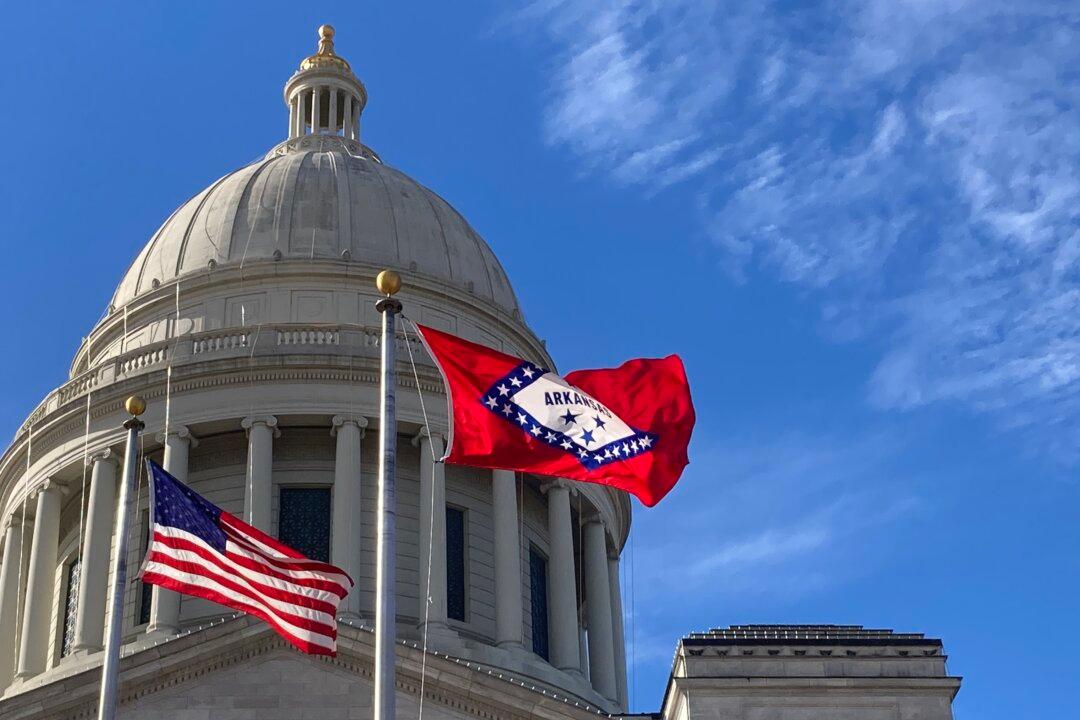An Arkansas state senator introduced on Jan. 9 a bill seeking to ban drag shows on public property or in areas that can be seen by minors.
Senate Bill 43, sponsored by Arkansas state Sen. Gary Stubblefield and Rep. Mary Bentley, adds a “drag performance” to the list of adult-oriented businesses in the state’s code. The local law currently deems adult arcades, adult bookstores or video stores, adult cabarets, adult theatres, certain message stores, escort agencies, and nude model studios as such businesses.




